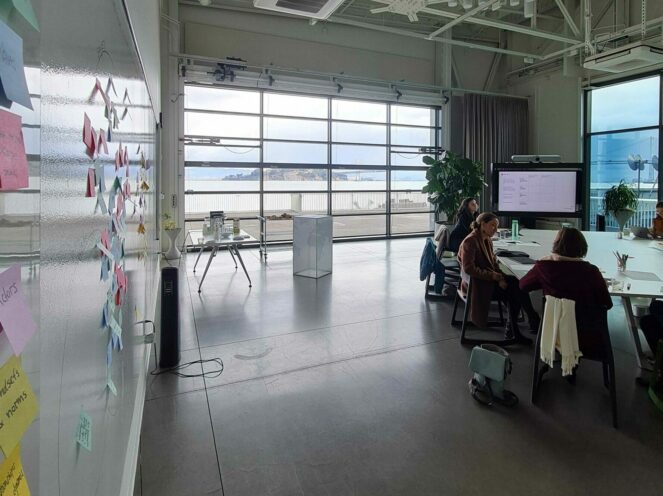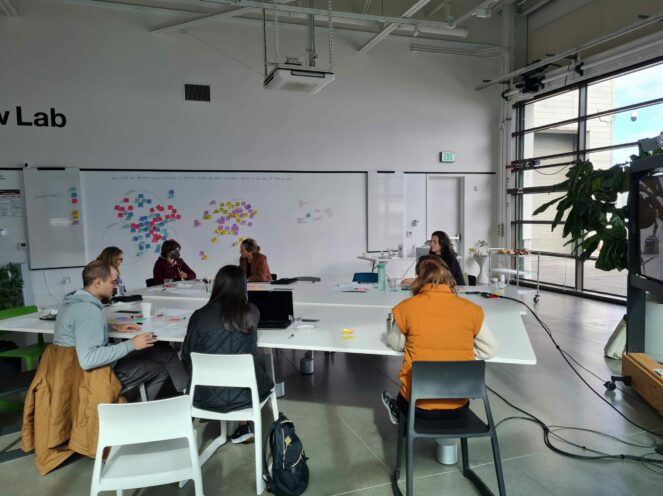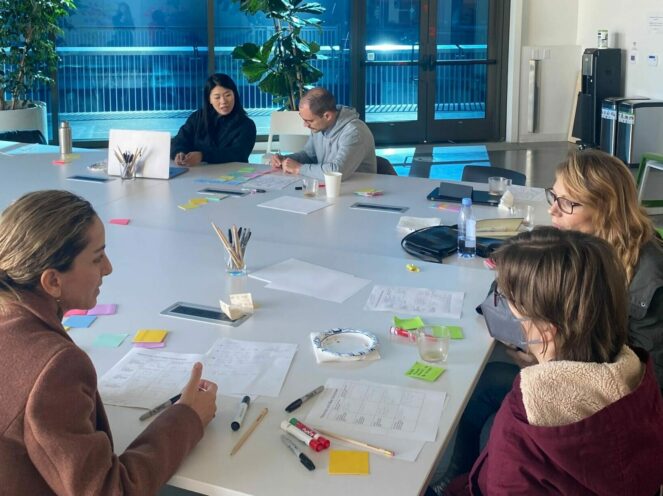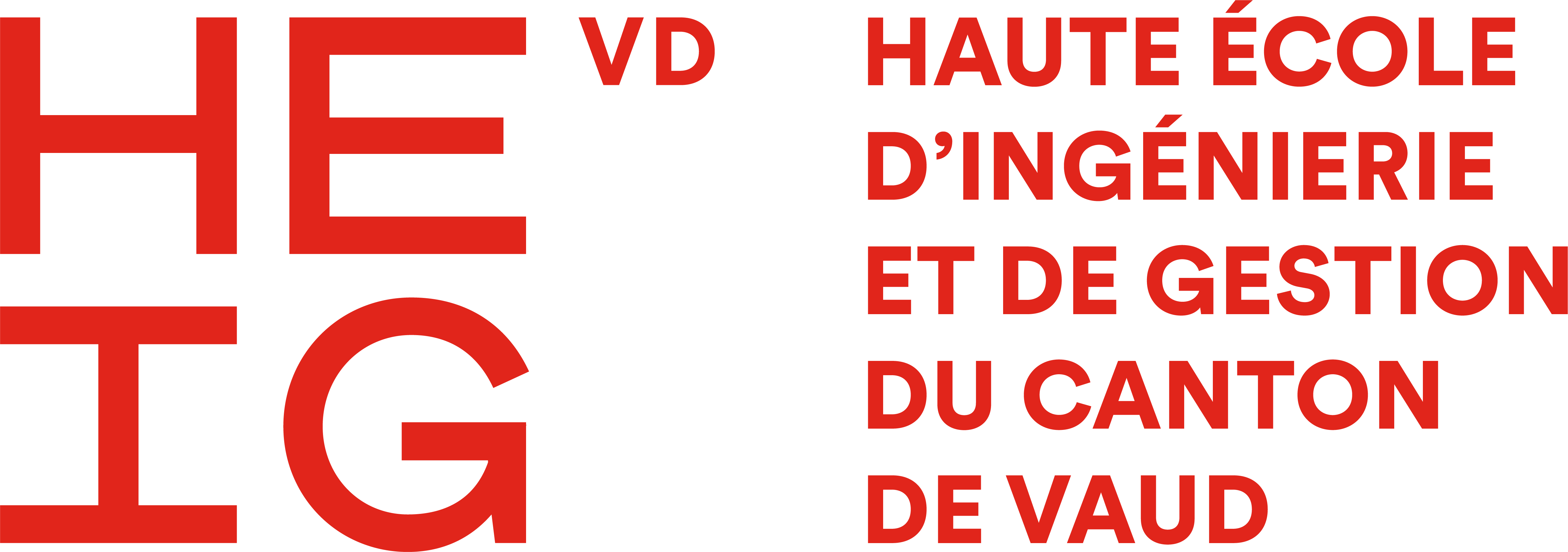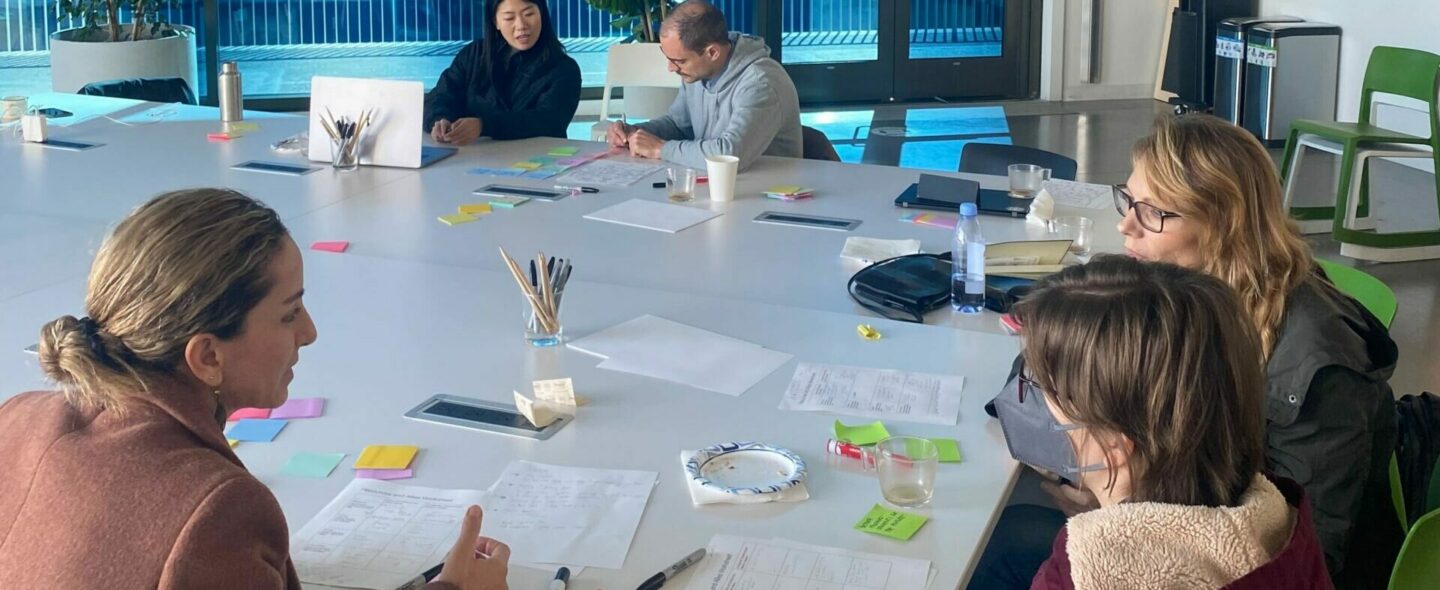
Published December 19, 2022
How can we prepare students to become future leaders who keep our planet’s ecological health at the core of their actions? This question seems omnipresent with world leaders meeting at COP27 in Egypt in November 2022, and the increasing emergence of young activists who embrace disruptive behaviors to position the urgency of environmental action. Indeed, we know that the next generation will be affected by climate change and that future leaders must play a central role in the decisions we make today. Yet, how can universities and academic actors contribute to accelerating environmental change?
At Swissnex in San Francisco, we bring together actors from Switzerland and the West Coast of the US to explore solutions, trends, and innovations that tackle the prominent challenges our societies are facing. Last month, we gathered a group in a hybrid multi-day workshop with transatlantic exchange and developed foresight and actionable strategies to help universities prepare students to become responsible future leaders. This discussion generated three counterintuitive insights, which universities and academic staff should consider when designing strategies for sustainability.
In this workshop, I learned how to tackle a difficult topic in a structured way. I also took away how easy international collaboration could be. - Workshop participant
Lack of Monetary Incentives Call for Collaboration With the Private Sector
In Switzerland and the US, metrics of success are still predominantly defined by financial factors. The worry of financial stability accompanies both a corporate career with a sustainability focus as well as the entrepreneurial path toward developing an innovation/technology that tackles our planet’s environmental crisis. In particular in the US, many students face having to pay back hefty debt post-graduation, which influences their career choices. In low-income families, a return on investment in college expenses is expected and needed. Students may therefore choose a career path in a well-paid corporate environment that values profit maximization over ecological accountability or ethical/responsible leadership.
To address the perceived juxtaposition of profit versus environmental outcomes, increased collaboration between academic institutions and the private sector may be necessary to align educational systems with corporate demands, values, and incentives—and vice versa align corporate goals with the values of their future employees. Participants in our workshop discussed opportunities to leverage the skillsets that value-aligned companies require. The fact that new skillsets are needed, offers a chance to ask faculties to create a stronger sustainability focus in curriculums.
Participants also explored making use of these companies as conversation partners for higher financial compensation in sustainability positions. Furthermore, corporations lacking a sustainability focus may act as convenient partners and legitimate case studies for students to develop sustainable optimization solutions for these businesses, which help increase their efficiency, consistency, and profits, while addressing environmental goals.
Walk The Talk – Time to Adapt Outdated Policies
Most textbooks teach that change management should happen with a bottom-up lens to empower the people, the user, the employee. Conversations in this workshop revealed an exception in this topic: Without the respective educational content and support system in place top-down, one cannot expect students to develop a systematic approach for our planet’s health, let alone choosing sustainability as the focus in their career paths.
However, current policies do not yet systematically reflect the value of ecological actions: It is time to adapt outdated policies in academic institutions. Rules and institutional guidelines may represent ways to walk the talk and set a top-down example for students to follow and be motivated by. Examples of such could be allowing remote teaching and studying, making a sustainability focus mandatory in every program, choosing a sustainability focus as a central criteria for research funding and hiring, as well as developing award and reward systems for sustainability research and sustainability teaching in each discipline. Systematically implementing a sustainability tangent in each academic discipline further takes a holistic, modular approach, which encourages interdisciplinary and cross-university communication and collaboration. It reduces silo education and the emergence of niche experts.
Academia May Have Influencer Potential
Which actors have the most influence on our students’ decisions and perceptions about their career paths toward becoming leaders of our desired future? Besides their family members, friends, and direct peers, today’s students’ decisions and perceptions of the world are tremendously influenced by social media and its content creators. Content shared by influencers is perceived as authentic, personal, less censored, and, thus, more influential than the content generated by traditional media, such as TV and newspapers.
Some may not like the largely ungoverned system and the socially disconnecting effects of social media. However, it can be a powerful tool for academia to impact its students’ perception of the world and nudge them to embrace sustainability as a career. Class instructors, peers, successful alumni, as well as university administrations may leverage this tool to present themselves as role models. They may keep core values such as equity, longevity, and responsibility for our planet’s health at the center of their shared content.
Beyond these three insights above, building a community of practice between the US and Switzerland is a valuable step toward these desired futures. The complexity of the challenges lying ahead calls for collaboration across academic actors and beyond. Swissnex in San Francisco strives to build on these exchanges and offers a discussion platform to explore the future of academia together.
Based on my experience in this workshop I will use the methodology used in my team or larger group to think outside of the box. - Workshop participant
The Methodology Used in This Workshop
According to OECD, “foresight uses a range of methodologies, such as scanning the horizon for emerging changes, analyzing megatrends, and developing multiple scenarios to reveal and discuss useful ideas about the future”. In this spirit, the 27 participants representing 14 different universities from Switzerland and the United States of America first aligned on their desired futures. They shared a vision in which students are becoming leaders who run carbon-negative corporations, entrepreneurs inventing net-positive technologies, and experts in environment-related conversations. These desired futures underlie values such as responsible/accountable leadership, empathy, inclusion, equity, justice, access, humbleness, awareness, sobriety, respect for our planet and its sustainability, quality of life, collaboration, education, as well as economic profitability and efficiency.
Based on this shared vision, participants anticipated the challenging factors and value tensions their current students are likely to face as they look into their future and career paths to becoming responsible leaders in 2030.
Edited by Sophia Burri
Authors and leads of the workshop: Corine Thommen (Head of Impact) and Julia Bislin (Science and Academia Program Manager)
